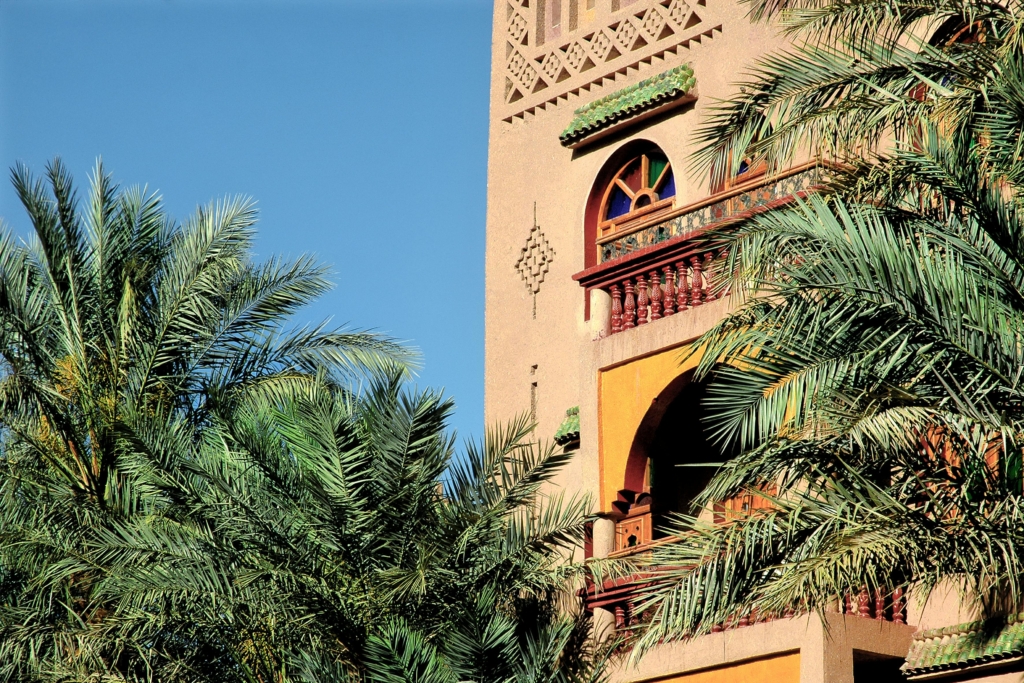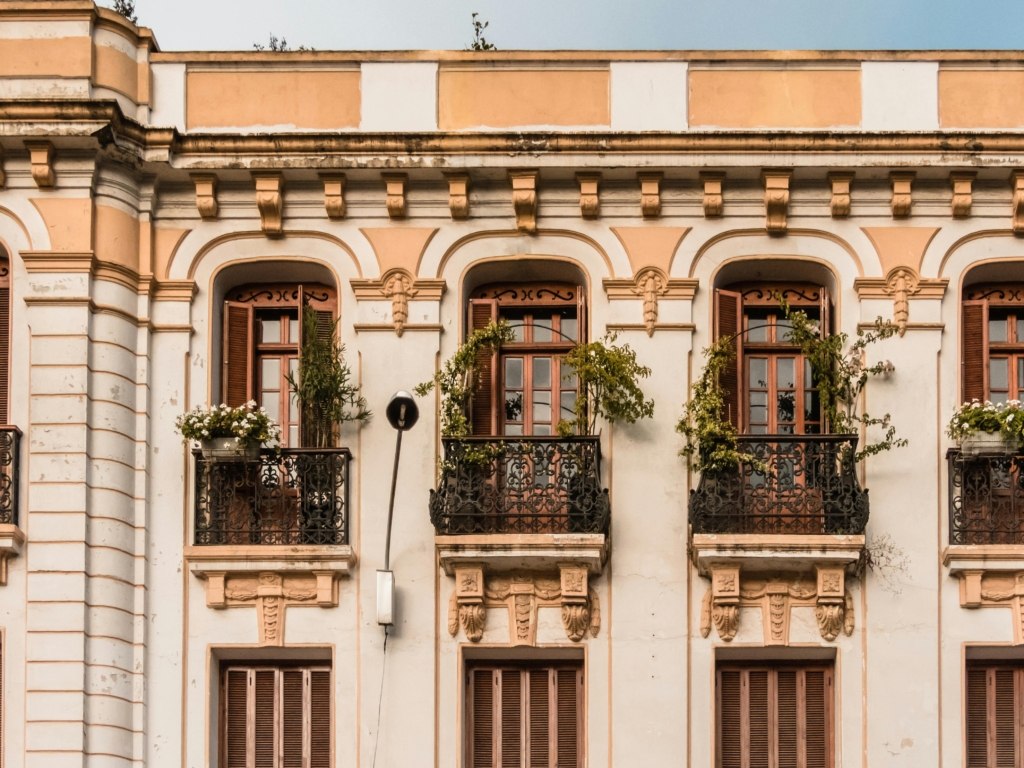The sale of a property in Morocco is often an opportunity to make significant capital gains. This raises the question of how these capital gains are taxed. Whether you are a Moroccan resident, an MRE (Moroccan residing abroad), or a non-resident, the same tax applies: the TPI (Tax on Real Estate Profit). This tax applies to the sale of villas, apartments, commercial properties, and even land. The nature of the property only impacts the tax rate applied to capital gains.
Taxation of Capital Gains in Morocco: How is the Tax on Real Estate Profit Calculated?
This tax does not apply to the selling price but to the capital gain made by the seller in this real estate transaction. Fortunately, the calculation goes beyond simply subtracting the purchase price from the selling price. Other factors are considered to account for all the costs and expenses incurred by the seller since the purchase.
Thus, the following amounts are added to the initial purchase price:
- A 15% flat rate covering acquisition costs such as agency fees, land registry fees, notary fees, registration fees, etc. If these costs exceed the 15% flat rate, the excess amount can be considered if the seller provides supporting documents.
- Mortgage interest payments.
- Maintenance and repair expenses for the property, provided that invoices are presented.
Additionally, the purchase price is indexed to the cost of living evolution, with an adjustment coefficient officially announced each year by the Moroccan Ministry of Finance.
Thus, the capital gain is obtained by subtracting from the selling price the adjusted purchase price, which includes the three elements mentioned above and is revalued using the correction coefficient.
What is the Capital Gains Tax Rate in Morocco?
The TPI is generally taxed at 20%. This applies to the sale of built properties (apartments, villas, riads, etc.) and agricultural land. However, the tax rate increases to 30% for undeveloped urban land when it is being sold for the first time.
Can You Be Exempt from TPI?
There are exemptions from the TPI, but these were recently modified by the 2019 Finance Law. Here are the cases where an exemption from real estate capital gains tax is possible:
- The sale occurs between spouses or between direct ascendants and descendants of the same family.
- The sold property was the seller’s primary residence for at least six years (or four years if it is a social housing unit).
This last condition underwent a change in January 2019. Previously, the exemption was total as long as the seller had used the property as their primary residence for six years before the sale. Additionally, a one-year grace period allowed the seller to vacate the property a year before selling without losing the principal residence status.
Now, this exemption is no longer absolute. If the selling price of the property exceeds 4,000,000 MAD, the fact that it was used as a primary residence for six years no longer qualifies for a full TPI exemption. Instead, a minimum contribution of 3% of the selling price is required. The seller must pay the higher amount between this minimum contribution and the TPI.
Note: MREs (Moroccans Residing Abroad) can also benefit from this exemption if the sold property was their primary residence or that of a family member they housed free of charge.


